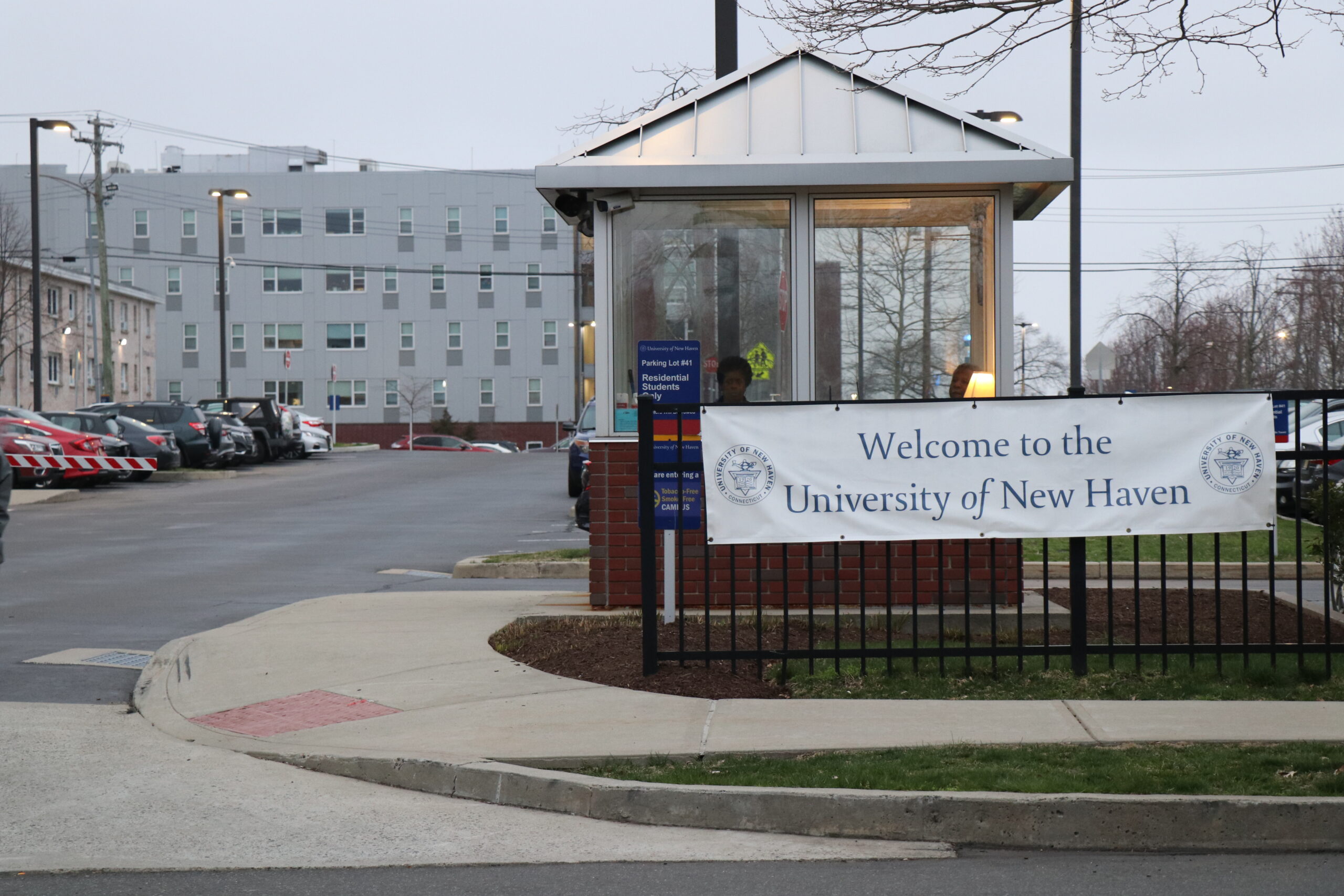University of New Haven launches scholarship for Afghan women
The Afghan Women’s Scholars program will provide full financial support to 14 Afghan women — 10 undergraduates and four graduate students — throughout their university careers.

Christina Lee, Head Photography Editor
By this time next fall, 14 Afghan women will be studying on full scholarship at the University of New Haven.
As part of the recently announced Afghan Women’s Scholars program, the university will host 10 undergraduates and four graduate students, thanks to a seven-figure donation from Scandinavian business executive Henrik Nielsen. The focus on Afghan women is due to “what is happening in Afghanistan,” a university press release said.
“The outcomes are going to be nothing short of being transformative and inspirational,” said University of New Haven President Dr. Jens Frederiksen. “This is what you want to do as a university — you want to set students who are just exceptionally motivated and yet have had sort of incredibly tough set of circumstances to overcome. You want to set them on a path to success.”
The program follows the withdrawal of U.S. troops from Afghanistan in 2021, and the re-establishment of Taliban control. Since taking power, the Taliban government has severely restricted women’s access to public life and education, with a recent UNESCO press release stating that 1.4 million girls have been “deliberately deprived” of schooling.
Frederiksen said a UNH faculty member with ties to non-profit efforts supporting women in Afghanistan brought the idea to the administration. Nielsen, who knew the faculty member, expressed interest in supporting the scholarship.
Alongside the scholarship itself, healthcare insurance, housing and food, career advising and on-campus jobs will be available to the students during their time on campus.
“We are supporting these students year-round, 365 days a year,” University Vice President Gregory Eichhorn told the News.
The application process for the program will take place this fall. According to Eichhorn, candidates will be evaluated based on not only academic performance, but also what they will bring to campus “as individuals.” Finalists will complete an interview stage, allowing the university to speak to the students personally and learn their stories.
The University of New Haven has worked alongside institutions such as The American University of Afghanistan to publicize the program. Eichhorn told the News, however, that outreach has not been an issue for the program.
“We’re clearly getting dozens of inquiries every single day,” said Eichhorn. He added that demand will be “far greater” than what the university will be able to support.
Frederiksen similarly described recent interest in the program as “overwhelming.”
UNH has hosted calls with the American University of Afghanistan as well as prospective applicants.
“[The calls] have been moving, emotionally moving, when you hear from these young women — just a fraction of what they’ve been through,” Eichhorn said. “But then you hear their passion and their hard work and what they’ve been through and how they’ve been successful. I fully expect we’ll do everything in our possible capabilities that several of these people wind up working for the university.”
Due to financial constraints, however, the program will not be cyclical. While the students who receive the scholarship this year will be supported throughout their time at the UNH — four or two years for undergraduate and graduate school respectively — another cohort of students will not enter into the program next fall.
Eichhorn acknowledged that the application process will be “challenging” as a result because of the limited capacity. He said that the university hoped to secure additional funding and expand the number of recipients, admitting a new class every year.
The immigration process for each student will vary depending on individual circumstances. Some of the women would likely already have a “pathway” — or a way of entering the U.S. from an immigration standpoint — due to their refugee status, Eichhorn explained. Others would not, however, and the university is preparing to help those students “more directly” through the process.
When asked if he believed that the outcome of the 2024 presidential election could potentially affect this process in any way, Eichhorn told the News he did not: “I can’t imagine any side would find issues with what we’re all trying to do here. I gotta believe it’s across all lines, that this is clearly the right thing to do.”
The University of New Haven’s central campus is located in West Haven.
Interested in getting more news about New Haven? Join our newsletter!







